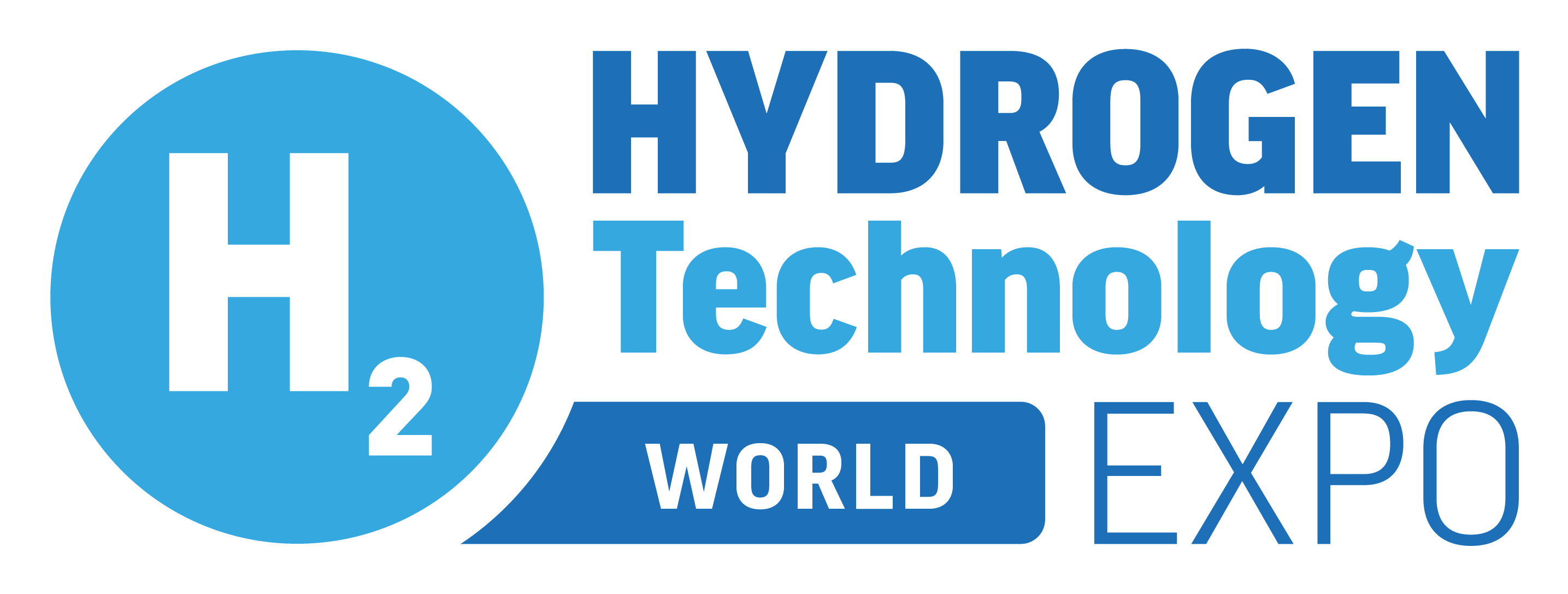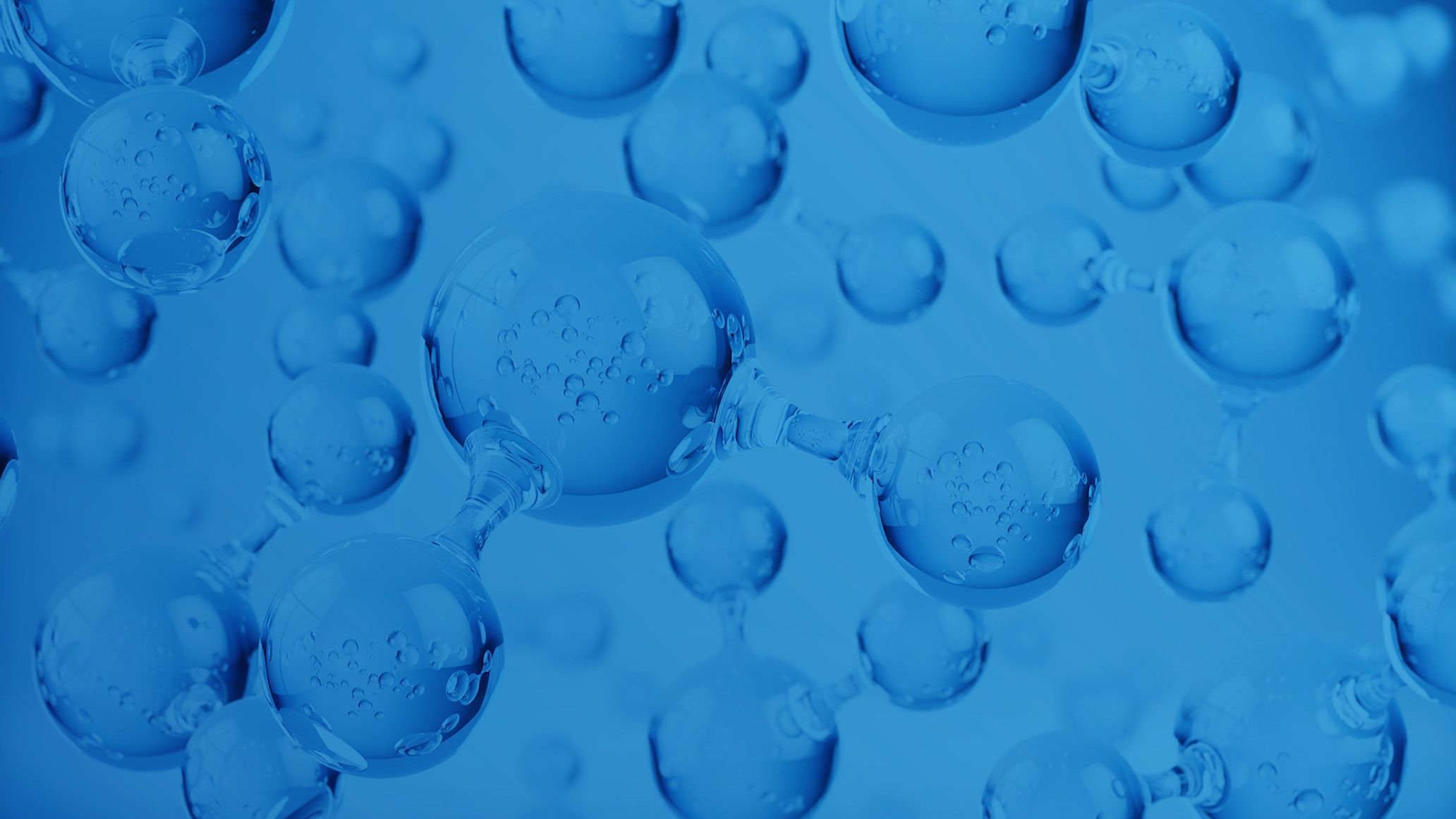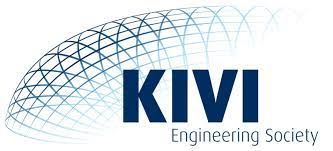The 1,000-hour SOEC trial at NSW steelworks has been completed by CSIRO
)
At New South Wales (NSW) steelworks, CSIRO, Australia’s national science agency, conducted a successful trial. This trial focused on its new technology, which is a tubular solid oxide electrolysis (SOEC) for hydrogen production.
Altogether, the trial took 1,000 hours of operations at BlueScope’s Port Kembla Steelworks. In order to operate, the technology utilised steam which was generated at the plant, along with electricity in order to produce hydrogen with an electrical input that amounted to less than 36kWh per kilogram of hydrogen.
It is through the use of excess heat that the SOEC technology is able to offer efficiency gains on other electrolysis methods and therefore this system is able to minimise the electricity requirements.
Plans to deploy the technology within a variety of applications have already been made, due to Agency spinout, Haden Energy, licensing the SOEC technology.
Currently the firm is in the middle of planning and preparations to deploy a 5kW demonstration unit at a nuclear power plant, which is located in the UK and is owned by EDF. Doing this has secured the project a grant from the Australia-UK Renewable Hydrogen Innovation Partnership.
CSIRO Senior Principal Research Scientist, Dr. Sarb Gidey, commented, “Since electricity takes up the lion’s share of variable production costs for renewable hydrogen, a substantial reduction in the electricity required (up to 30% saving) for hydrogen production could be a game changer for the nascent hydrogen industry.”
When recognising that this trial is the ‘first real-world trial of the CSIRO technology,’ Giddey mentioned that ‘the trial saw it meet hydrogen production, electrical efficiency and reliability performance requirements.’
Hadean CEO, Chris Rowland, added, “The 1,000-hour milestone validates the technology in a real-world industrial setting, increasing the technology readiness level to prepare for commercialisation. It shows the potential for Hadean Energy’s electrolysers to decarbonise hard-to-abate industries.”




)
)
)
)
)
)
)
)
)
)
)
)
)
)
)
)
)
)
)
)
)
)
)
)
)
)
)
)
)
)
)
)
)
)
)
)
)
)
)
)
)
)
)
)
)

)
)
)
)
)
)
)
)
)
)
)
)


)
)
)
)
)
)
)
)
)
)
)
)

)

)
)
)

)
)
)
)
)
)
)
)
)

)
)
)
)

)
)
)
)
)
)
)
)
)
)


)

